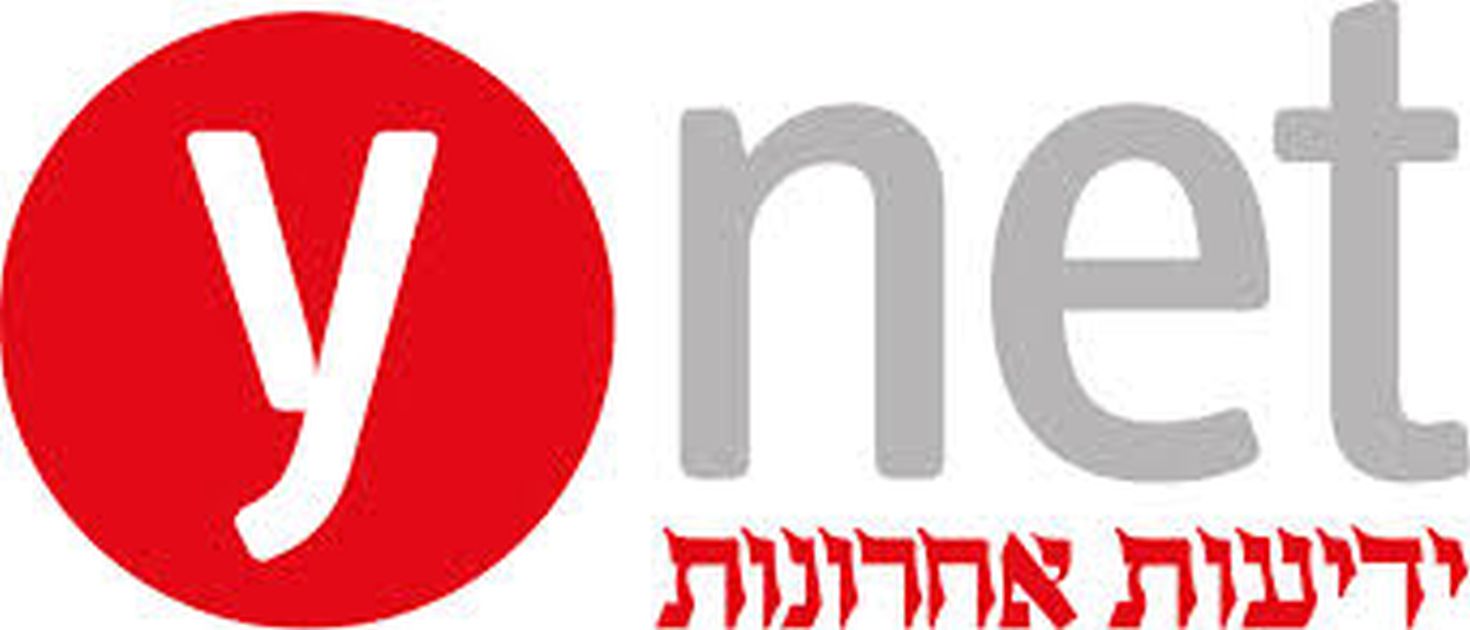 Tel Aviv, December 3 – The popular internet news site Ynet announced today that in the coming election season it would cap the number of articles bashing religion and religious people at a little more than one per day.
Tel Aviv, December 3 – The popular internet news site Ynet announced today that in the coming election season it would cap the number of articles bashing religion and religious people at a little more than one per day.
Prime Minister Binyamin Netanyahu dismissed two of his top cabinet members yesterday, making early elections almost inevitable. The run-up to national elections invariably sees the news media engage in more incitement against the religious than usual, but Ynet management fears overkill, and will implement a policy of quotas until the elections are over. No more than 8 articles inciting hate for religious Jews will be published each week in the interim.
The limits will apply only to skewed coverage of actual news, but not to opinion or analysis. Thus, while barely-concealed hatred for religious Jews and religious rituals will be disbursed with a modicum of restraint, the publication will continue to feature columnists or outside opinion pieces brimming with antireligious prejudice.
Balance is the principle, says Ynet CEO Api Koress. “Our readers have grown more sophisticated over the years, and can tell when we’re trying too hard,” he explains. “We’ll still have our weekly column by Ruchama Weiss distorting the sources and engaging in naked polemic against the Rabbinic establishment and tradition – that’s just basic Israeli journalism. But there will be less focus in news articles per se on ways to portray Haredim and other religious Jews as negatively as possible.”
As an example, Koress cited a story last week about a man from the north of the country who was arrested on suspicion of sexually abusing children. “In the past, we would automatically mention the fact that the suspect was Haredi, or kippah-wearing, if that were the case, and if it were somebody with no obviously religious accessories or dress, we’d simply not say anything about that. Now we have to cut back on that, because the growing worldliness of the Ynet audience means there’s less tolerance for overt hate of that sort in news.”
Other Israeli publications are considering similar policies. “We’ve thought about it, but aren’t sure yet what direction to go,” said Shabtai Tzvi, President of NRG, which operates Maariv’s website. “There’s always a tradeoff between catering to what the public wants, which is to bash people who are different and whose adherence to tradition challenges the secular public’s ethos of pursuing instant gratification and wantonness, and sending our reporters to cover other news that might be important.” Tzvi declined to elaborate on what that other news might consist of.
Haaretz editors briefly experimented with a cap on antireligious incitement earlier this year, and are still analyzing the results. “We have fewer qualms than the other major dailies about compromising journalistic integrity since we’re an advocacy organization first and a news source maybe third or fourth,” said publisher Aluf Benn. “We don’t answer directly to market forces – our agenda is set primarily by the board of the New Israel Fund, which doesn’t dictate policy week-by-week. It’s much more general and gradual. We had the latitude to try limiting our antireligious pieces to as few as 35 per week, but I can’t see getting approval for anything less than that for an entire election campaign.”
“That would just be too much to give up.”




